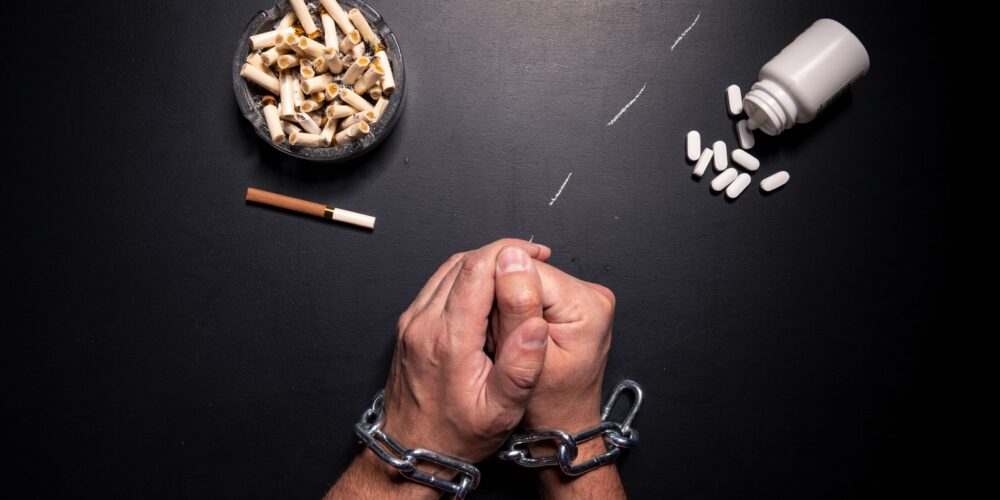Relapse is a common occurrence during the recovery process, and understanding…

Intensive outpatient programs (IOP) are one of the most useful mental health innovations. They combine the type of intensive therapy that patients receive in an inpatient setting with some of the freedoms of outpatient care. In that way, they are the best of both worlds for many patients who need a higher level of care, but who also benefit from the support of a home environment. Greater Essex offers an OP/IOP Program Essex NJ that can help you with mental health and addiction.
Not sure if an IOP is the right approach for you? Here are some facts about IOPs. If it seems like an IOP will work for you, the next stop is to talk to a mental health counselor at Greater Essex NJ to find out more.
- IOPs involves at least 10 hours of treatment each week.
- Treatment in an IOP is a combination of clinical, group, and individual work.
- You get to go home each night.
- IOPs can often accommodate school and work schedules, but will probably involve some altering of your schedule.
- Insurance companies often cover IOPs.
- IOPs are useful for treating substance abuse disorders, mental health issues, and dual diagnosis.
- Most IOP programs cover life skills and other practical coping mechanisms. Some topics that may be covered include:
- Physical fitness
- Job Skills
- Relationships
- Relapse Prevention
- Controlling Emotions/ Anger Management
- Parenting Classes
- IOPs provide a useful step between intensive in-patient programs and the freedom of regular therapy.
- IOPs are not right for every situation. They are not indicated for people who are:
- A threat to themselves or others
- Need to undergo medical detox or withdrawal
- Have other medical issues
- Do not have support at home
- IOPs help you build a support system.
- IOPs usually last 8 to 12 weeks. They can be on their own or follow a period of inpatient treatment.
- IOPs are normally 3 to 5 days per week, and 3 or more hours each day.
A great thing about IOPs are that they help build community. One of the best predictors of success is the ability to build and rely upon a strong social support network. By helping you build a supportive network, IOPS can optimize your chances of long-term success.
IOPs for addiction recovery are not just about short-term sobriety. The goal is to discover what made you vulnerable to substance abuse and addiction in the first place, to help prevent you from relapsing. Some underlying mental health issues that can lead people to substance abuse include:
- Depression
- Anxiety
- Bipolar
- Post-Traumatic Stress Disorder (PTSD)
- Personality Disorders
By ensuring that you have access to appropriate therapy, an IOP can simultaneously treat underlying mental health issues and related addiction issues.



